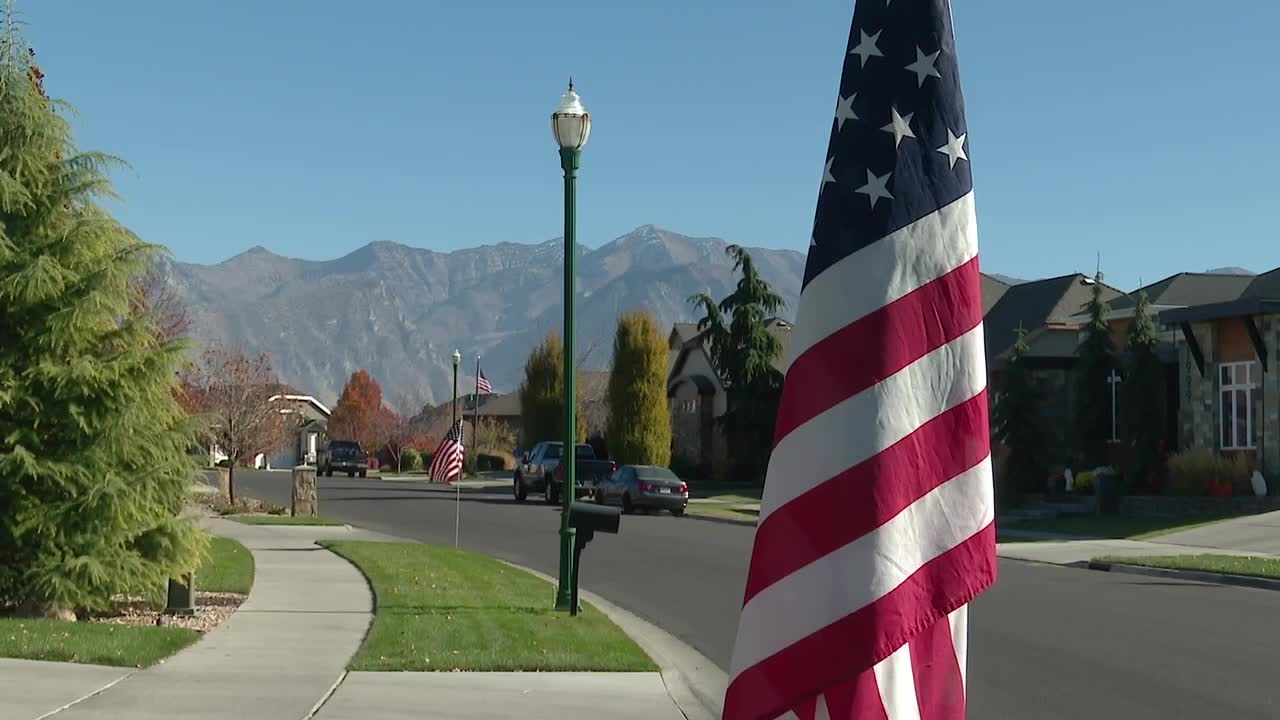SPANISH FORK, Utah — Should the new congressional redistricting map ordered by a local judge move through the system and become official, Weber, Salt Lake and Utah will all be split. But while there will be new divides on paper, some Utahns feel Judge Dianna Gibson's decision brings better representation.
In some places, like Vineyard and Orem, the difference in a congressional district may soon be a matter of going from one block to the next.
“I grew up in the third district. I remember Scott Matheson as a governor and Wayne Owens as a congressman. That district, that would be 50/50," said Elk Ridge resident Rebecca Devenport.
But residents like Devenport say more recent political races felt far apart.
“I’m so excited that there are voices at the table and that people aren’t shut out of the conversation,” she said.
Judge selects Utah congressional map, creates district that could lead Democrat:
Gibson's decision spurred a divisive day of rhetoric, with calls for impeachment. Yet, even as a Republican, Spanish Fork resident Jessica Heath felt the outcome is for the greater good.
“My party might win, but in the end, I end up losing. Then my vote isn’t like a real vote because it’s already been chosen," she said.

Politics
Disappointed in Utah congressional map decision, some GOP threaten impeachment
Heath feels this could be a watershed moment for other states like Texas and California, which are facing gerrymandering battles of their own.
“I feel like Utah is an example," said Heath, "that we don’t have to cheat to win. If we’re cheating, it’s not worth winning.”
As Heath and Devenport see their districts shift in southern Utah County, they hope the change becomes an opportunity for more balanced representation, rather than sowing further division.
“In 2018, the voters said, ‘Hey, we want a voice!’ said Devenport, "and now we have that.”




